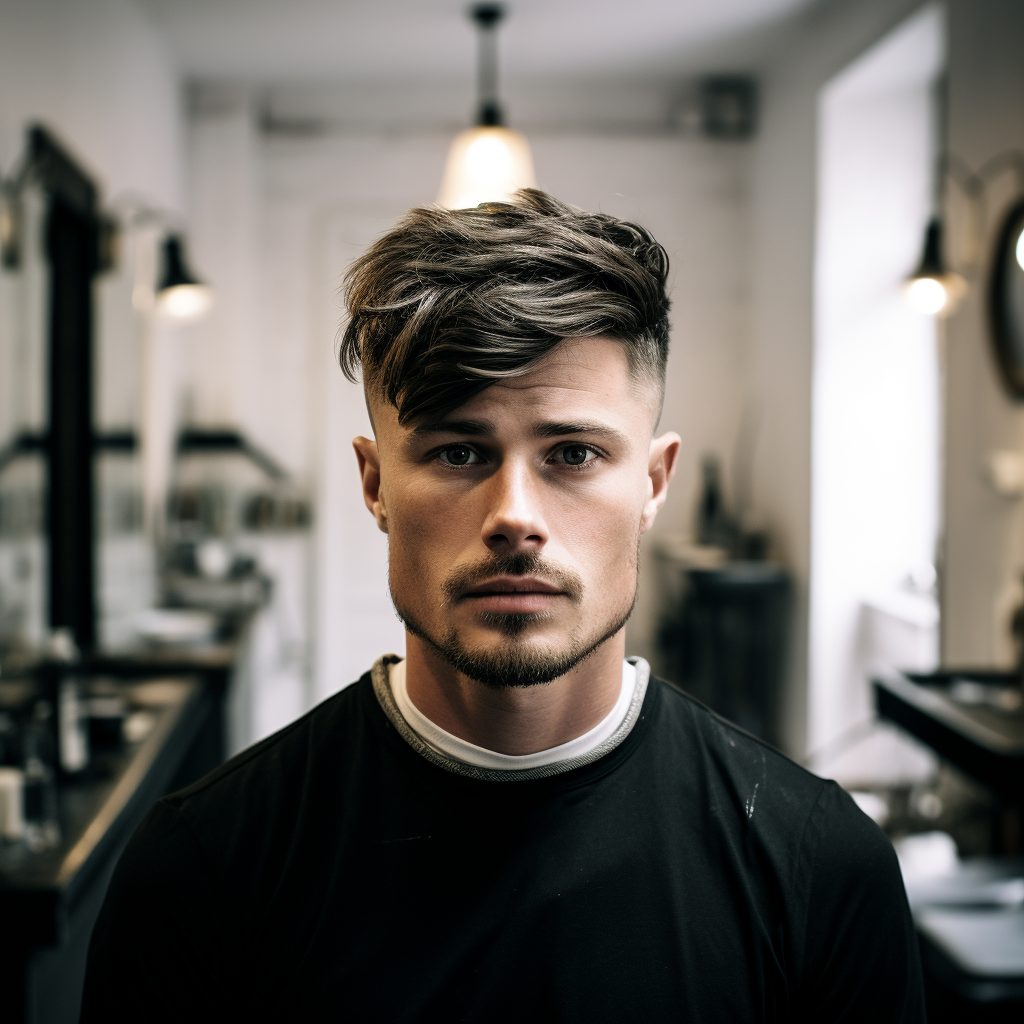Hair salons in NYC are not only locations to get a trim; they serve as crucial cultural centers that help define neighborhood identity and foster connections among residents. These establishments have a long heritage in city settings, serving as meeting spots where individuals from varied backgrounds come together. In many neighborhoods, barbershops are often the first place where clients can engage in conversations about local issues, share stories, and forge relationships. This distinct role makes barbers not only skilled professionals but also community curators who contribute to the community fabric of their neighborhoods.
The atmosphere in a barbershop is often lively and welcoming, creating a setting where clients feel at ease sharing themselves. Barbers are known for their skill to connect with patrons, often participating in discussions that range from sports to politics. This engagement helps to create a feeling of belonging among clients, as they share their experiences and viewpoints. In many cases, barbershops reflect the cultural diversity of the neighborhoods they support, displaying different hairstyles, grooming methods, and even sounds that connect with the local population. This cultural exchange enriches the experience for everyone involved and bolsters community ties.

Barbershops also have a significant role in preserving cultural traditions. Many barbers have been educated in particular techniques that are transmitted through ages, guaranteeing that unique looks and practices are not forgotten over time. For example, certain haircuts and grooming practices may be linked to cultural heritage, allowing clients to express their identity through their appearance. By upholding these customs, barbershops help to preserve cultural stories alive, providing a sense of pride and continuity for community members.
In addition to their cultural significance, barbershops often participate in community outreach and assist local causes. Many barbers take an proactive role in tackling social issues, such as learning and health education, by organizing events or providing resources to their patrons. This involvement demonstrates a commitment to the health of the neighborhood and encourages a feeling of duty among barbers. By using their influence to encourage positive change, barbershops become vital players in the community, further solidifying their role as cultural curators.
In conclusion, barbershops in NYC serve webpage as crucial spaces for cultural interaction, community building, and identity formation. They provide a unique environment where individuals can bond, exchange, and honor their varied backgrounds. As cultural curators, barbers not only influence the way clients show themselves but also affect the broader social dynamics. By understanding the importance of these businesses, we can value the essential role they have in fostering connections and preserving cultural heritage in city settings.